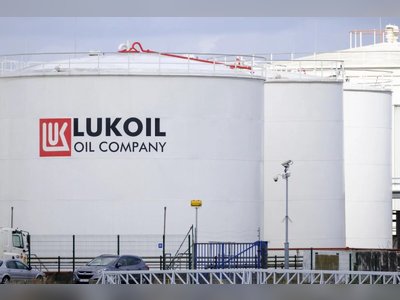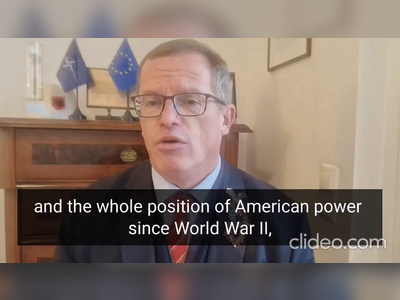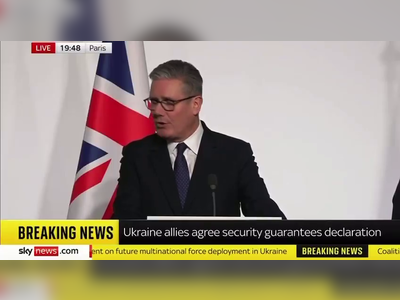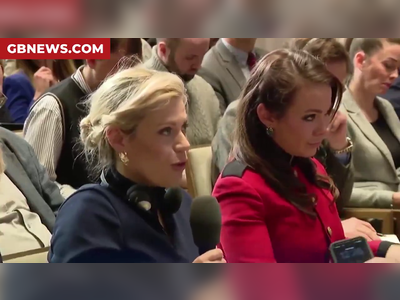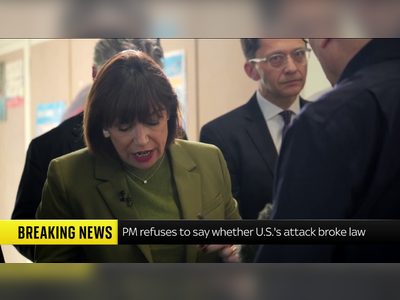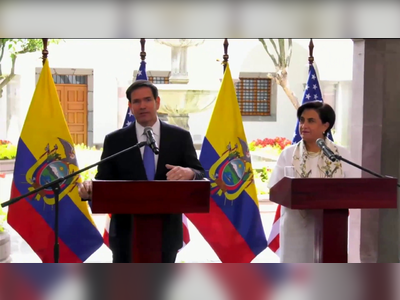
199 Migrants Expelled from the U.S. Arrive in Venezuela Amid Policy Disputes
The arrival signifies the resumption of repatriation flights following recent tensions in U.S.-Venezuela immigration policies.
On March 24, 2025, an aircraft arriving from Honduras transported 199 migrants expelled from the United States to Venezuela, marking a significant event as repatriation flights restart after a month-long hiatus.
Venezuelan authorities announced the return of these flights on March 21, following a period of suspension attributed to mutual accusations between the U.S. and Venezuela regarding adherence to a repatriation agreement established in January.
Diosdado Cabello, Venezuela’s Minister of the Interior, confirmed the arrival of the migrants at Maiquetía International Airport in Caracas, stating, "Today, we receive 199 compatriots." This flight represents the fourth such operation involving Venezuelan nationals expelled from the U.S.; prior flights commenced on February 10, 2025, with two originating from El Paso, Texas, and another flight transporting 177 migrants who had been detained at the U.S. military facility in Guantánamo, Cuba.
Repatriation flights were halted after Donald Trump expressed dissatisfaction with the pace of deportations and subsequently revoked a license allowing U.S. oil company Chevron to operate in Venezuela, a decision taken in late February.
The Biden administration had previously granted this license, which was intended to ease restrictions on Chevron amid ongoing sanctions against Venezuela.
In turn, Venezuelan officials have accused the U.S. State Department of obstructing repatriation flights, with Cabello remarking, "If the trips have been irregular, it is not Venezuela's fault.
We are ready to welcome Venezuelans wherever they are." This resumed flight comes shortly after the expulsion of 238 Venezuelans to a maximum-security prison in El Salvador, an action described by President Nicolás Maduro as an abduction.
Diplomatic relations between Venezuela and the United States have been severed since 2019, during Trump’s initial administration, which imposed a petroleum embargo after questioning the legitimacy of Maduro’s re-election in May 2018. The U.S. also did not recognize Maduro’s re-election following the 2024 election.
As the situation develops, both nations continue to grapple with complex migratory and political challenges that underscore ongoing tensions in U.S.-Venezuelan relations.
Venezuelan authorities announced the return of these flights on March 21, following a period of suspension attributed to mutual accusations between the U.S. and Venezuela regarding adherence to a repatriation agreement established in January.
Diosdado Cabello, Venezuela’s Minister of the Interior, confirmed the arrival of the migrants at Maiquetía International Airport in Caracas, stating, "Today, we receive 199 compatriots." This flight represents the fourth such operation involving Venezuelan nationals expelled from the U.S.; prior flights commenced on February 10, 2025, with two originating from El Paso, Texas, and another flight transporting 177 migrants who had been detained at the U.S. military facility in Guantánamo, Cuba.
Repatriation flights were halted after Donald Trump expressed dissatisfaction with the pace of deportations and subsequently revoked a license allowing U.S. oil company Chevron to operate in Venezuela, a decision taken in late February.
The Biden administration had previously granted this license, which was intended to ease restrictions on Chevron amid ongoing sanctions against Venezuela.
In turn, Venezuelan officials have accused the U.S. State Department of obstructing repatriation flights, with Cabello remarking, "If the trips have been irregular, it is not Venezuela's fault.
We are ready to welcome Venezuelans wherever they are." This resumed flight comes shortly after the expulsion of 238 Venezuelans to a maximum-security prison in El Salvador, an action described by President Nicolás Maduro as an abduction.
Diplomatic relations between Venezuela and the United States have been severed since 2019, during Trump’s initial administration, which imposed a petroleum embargo after questioning the legitimacy of Maduro’s re-election in May 2018. The U.S. also did not recognize Maduro’s re-election following the 2024 election.
As the situation develops, both nations continue to grapple with complex migratory and political challenges that underscore ongoing tensions in U.S.-Venezuelan relations.
